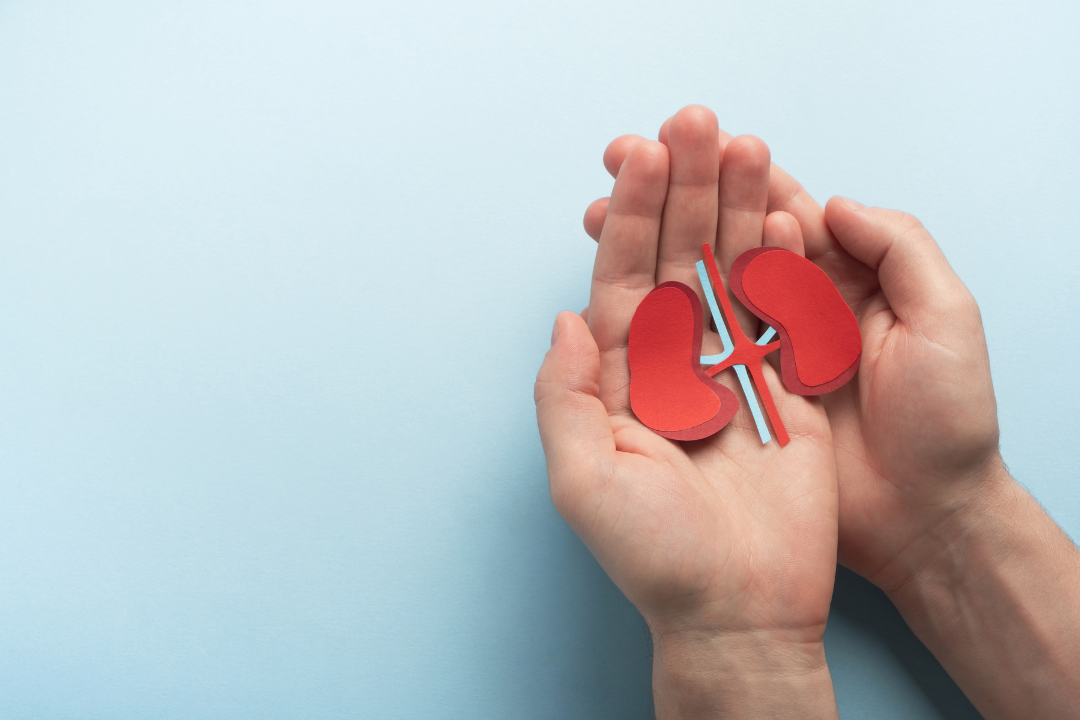Chocolate Cake Delight
The perfect no fuss, whole food dessert! Even though it’s gluten free, it still has that fluffy chocolate texture with a decadent depth of flavour. As an alternative, you could slice it up into pieces for a little tasty lunch treat. Enjoy!
INGREDIENTS:
- Gluten-free chocolate cake mix like Lulubelle, Namaste, or Stellar Eats
- Or make from scratch with gluten-free flour, sugar of choice, baking powder, and cocoa powder!
- 2 eggs
- ½ cup of your preferred oil
- ¾ cup of your preferred milk

INSTRUCTIONS
- Preheat the oven to 340F. Mix together the cake mix, eggs, oil and milk and stir till you reach a smooth consistency.
- Then pour into a cake pan and bake for 25 – 35 min or until a fork comes out clean.
- Top it off with a dusting of icing sugar and your favourite shaved chocolate.


Get Ready to Have Fun This Easter This year, Easter lands on April 20th, 2025. This is because Easter always happens the first Sunday after the new Full Moon that occurs on or after the Spring Equinox. This is much later than Easter last year, which occurred on March 31st. What to do? There are many ways you can have fun this Easter, all without leaving town or planning a big trip! Easter Events Easter Window Display Scavenger Hunt When: Sat, Apr 19, 2025 10:00 AM - 3:00 PM Where: Lindsay Downtown BIA Details: The Easter Bunny & Downtown Dog are hopping down Kent St. on Saturday, April 19th with ballots and sweet Easter treats! Get ready to hunt down those hidden surprises for a chance to win amazing prizes! More Information Bowmanville Easter Party When: Sunday, April 20 · 10:30 - 11:45am Where: Sanctus Church Bowmanville Details: Join us for our Bowmanville Easter Party, a special event just for kids! This event is the perfect way for kids to celebrate Easter with exciting games and activities, while learning all about the story of Easter. More Information Easter in the Park returns to Victoria Park When: Saturday April 19, 2025, 10:00 AM - 12:00 PM Where: Victoria Park, Lindsay Details: This free, family event will feature an Easter egg hunt, games and activities, a visit with the Easter Bunny and much more! More Information Easter Egg Hunt When: April 19th, 2025, 1:00 PM - 3:00 PM Where: New Life Centre, 4014 Wallace Point RD Details: Join us April 19th! Egg hunt, bouncy castle, kids activities and more More Information Easter Treats Hummingbird Chocolate

Looking for a healthy, easy meal that the whole family will love? These Quinoa Stuffed Peppers check all the boxes! Packed with protein, bursting with flavour, and simple to prepare, this wholesome dish makes weeknight dinners a breeze—especially if you're cooking for a crowd. Whether you're feeding hungry kids or meal prepping for the week ahead, these colourful peppers are a delicious, nutrient-rich option that brings comfort and goodness to the table. Let’s dive in! Recipe makes 6 servings.

They say that being healthy takes hard work. While that is true, there are actually a lot of simple ways to add nutritional value to your diet. It may not seem like much, but there are certain products where all you need to do is add a couple tablespoons to a dish in order to indulge in its health benefits.







